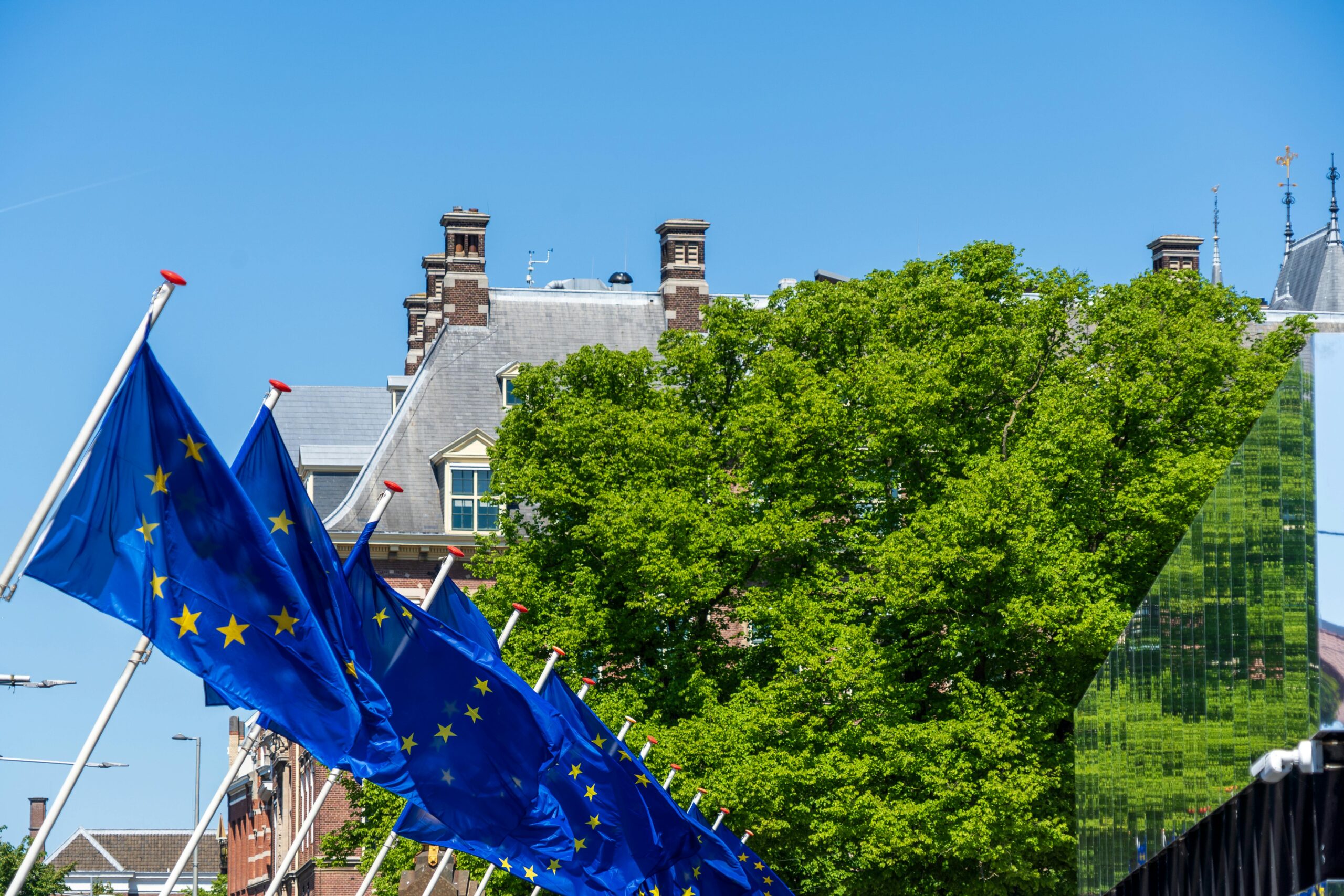With the inauguration of Donald Trump just around the corner, government formation talks are ramping up in Ireland with negotiations resuming on Monday 6 January. The need for a stable government has become increasingly significant and is now a primary concern for Irish politicians as the world braces for Trump 2.0. Three strands remain up for discussion:
- Policy discussions.
- Government structure.
- The ratification of the final agreement.
Discussions regarding the allocation of ministerial portfolios are ongoing. The most contentious policy areas which require further deliberations include Health, Justice, Energy and control of the Housing portfolio. Party officials are formulating several policy documents in line with party manifestos. Once agreed, this document will serve as a foundation for the Programme for Government. It is anticipated that a new Department of Domestic Affairs will be created to handle immigration and asylum affairs. Fianna Fáil originally proposed the idea during the general election campaign. It remains unclear whether Simon Harris’s proposed Department of Infrastructure will come to fruition in the next government.
The Regional Independent Group is expected to begin participating in the talks in earnest imminently. This Group’s key negotiators are Michael Lowry (Tipperary North), Seán Canney (Galway East), and Marian Harkin (Sligo-Leitrim). Meetings between Fianna Fáil, Fine Gael, and the Regional Independent Group are expected to take place on Friday. Notably, there have been no discussions about possible ministerial positions for Independent TDs, which may prove to be a sticking point in any further negotiations.
Negotiators from Fine Gael and Fianna Fáil were expected to meet with representatives from Independent Ireland on Thursday. Party leader Michael Collins expressed that any deal with his party would be “based on policies”. However, it is unlikely that Fine Gael and Fianna Fáil will reach a viable agreement with Independent Ireland with the Regional Independent Group looking like the most feasible option.
Meanwhile, statements from the Social Democrats’ leadership on Tuesday would indicate that any remote possibility of the party entering government is no longer realistic. Sources close to Independent TDs Danny and Michael Healy-Rae—the Kerry brothers—suggest that Fine Gael and Fianna Fáil would need to offer a super-junior ministerial position for them to join the government.
Parties involved in the talks assert that there remains a possibility that an agreement will be reached to elect a Taoiseach when the Oireachtas returns on 22 January, particularly with the Independents coming to the table this week. However, it appears more likely that a new government will not be formed until late January or early February. Much remains up for discussion, including child benefit reform. Fianna Fáil wants to see the headline rate increased, while Fine Gael is advocating for a double annual payment in August.
Party members will vote on the Programme for Government as part of the ratification process for the final agreement. Despite no formal date being set, the scheduling of the conferences of the Fianna Fáil and Fine Gael memberships – which are necessary to ratify the agreement to enter government – will ultimately provide a good indication of the timeline for government formation.

